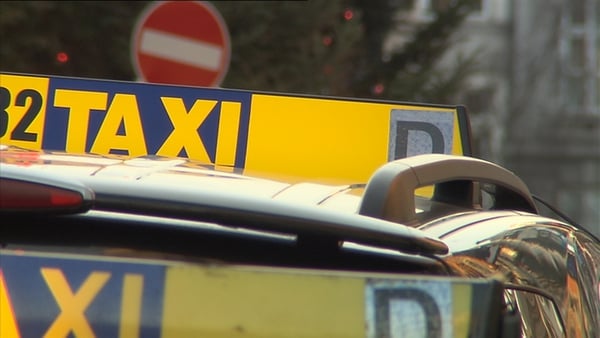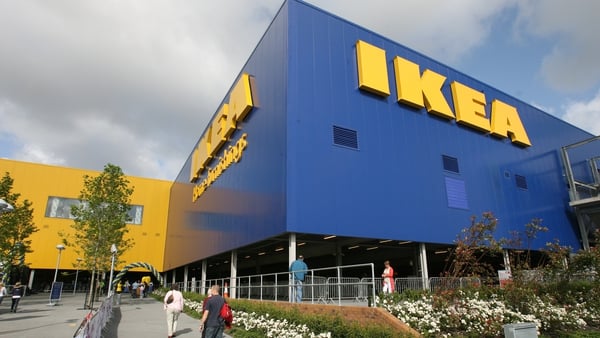A new pilot programme for employers to test the effectiveness of a four-day working week for staff with no loss of pay was launched today.
The six-month experiment is being organised by the Four Day Week Ireland campaign, which claims it can deliver positive results for business and work/life balance for employees.
"In the last year we have seen radical shifts in our working practices. More flexible ways of working are here to stay," said Joe O'Connor, Chairperson of the Four Day Week Ireland.
The group is comprised of representatives from trade union Fórsa, ICTU, the National Women’s Council, Friends of the Earth Ireland and academics.
"The launch of the four-day week pilot programme represents an exciting moment of change for employers and employees, and it’s up to the business community now to show that they are willing to lead and support this change for the better."
Under the plan, organisations will receive supports, training and mentoring on how to make the concept operate smoothly.
The Government is also to fund a call for research to assess the economic, social, and environmental impacts of a four-day working week in a specifically Irish context, as part of the plan.
We need your consent to load this rte-player contentWe use rte-player to manage extra content that can set cookies on your device and collect data about your activity. Please review their details and accept them to load the content.Manage Preferences
The pilot will begin in January and will also run in a number of countries, including the US, the UK and New Zealand, coordinated by the Four Day Week Global group.
In other countries, including Spain and Scotland, four-day working weeks have already been developed and are being trialled.
The movement believes the last year has provided workers and employers with an opportunity to consider the way they work, leading many to rethink and alter how they do things, including the possibility of moving to a four-day week.
It can also bring physical and mental health benefits and improve a business’s sustainability credentials.
"We know from international research that a shorter working week doesn’t mean a loss in productivity - in many cases, it is the opposite," Mr O’Connor said.
According to the campaign, a number of businesses have already tried a four-day working week, including Donegal based 3D Issue.
3D Issue Chief Executive Paul McNulty said: "When we offered the four-day work week, it was in the form of a bonus to our staff.
"At the time, we did not necessarily think that reducing staff hours would lead to an increase in sales and productivity, yet it did.
"Our staff are happier, more refreshed and more engaged in their work."
The Department of the Environment, Climate and Communications and the Department of Enterprise, Trade and Employment intend to seek research proposals on the social, economic and environmental implications of reduced working time.
Tánaiste and Minister For Enterprise and Employment Leo Varadkar said: "The Covid-19 pandemic has caused us to rethink and re-evaluate how we work.
"It's been shown that huge numbers of people can be just as productive while working at home rather than having to come into the office every day and it has accelerated the shift towards more flexible and family-friendly working hours."
This new research call will provide an opportunity to address these impacts in the specific context of the Irish economy.
We need your consent to load this rte-player contentWe use rte-player to manage extra content that can set cookies on your device and collect data about your activity. Please review their details and accept them to load the content.Manage Preferences
Mr Varadkar said: "It's too early to say whether a four-day working week could work in Ireland. The idea is ambitious, to achieve the same outcomes and productivity, for the same pay with 20% fewer hours worked.
"I can see how that might work for some roles but it’s hard to see how it would work in others particularly in health, education and manufacturing for example. But we need to keep an open mind when it comes to innovations in the world of work.
"Ideas like annual leave, maternity and paternity leave and flexitime were once seen to be radical and are now the norm.
"This research being commissioned by the Government will give us a much greater understanding of the potential of this idea and that’s why the Department has agreed to co-sponsor it."
Minister for Environment Climate and Communications Eamon Ryan TD said: "As we recover from the Covid pandemic, we have a chance to improve and reimagine our working lives in a way that benefits people and the environment.
"We’ve seen how adaptable and flexible people can be even in difficult circumstances, and we want to find out more about how we can keep some of the gains that have been made in terms of less commuting and more family time."
He added that the impact such a move could have on the environment is something that the government will be watching closely.
Mr Ryan said: "A four-day week could help us cut carbon emissions and air pollution, improve people’s work-life balance and support gender equality.
"We need to look at the potential and assess the impacts of such a change, and this research will help us figure that out."
Up to €150,000 will be made available to support this research.
The two departments will formally open the call on 1 July, at which time the full evaluation criteria, terms and conditions will be provided.
It is anticipated that the call will remain open to proposals until 15 July.






